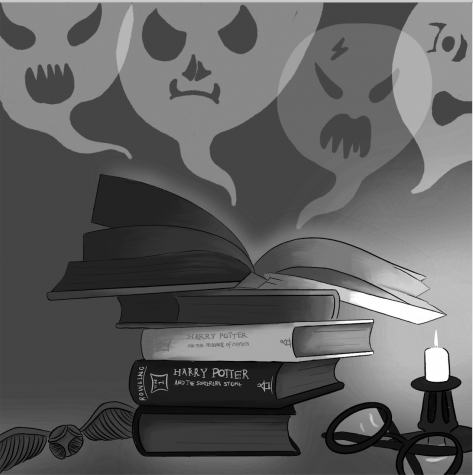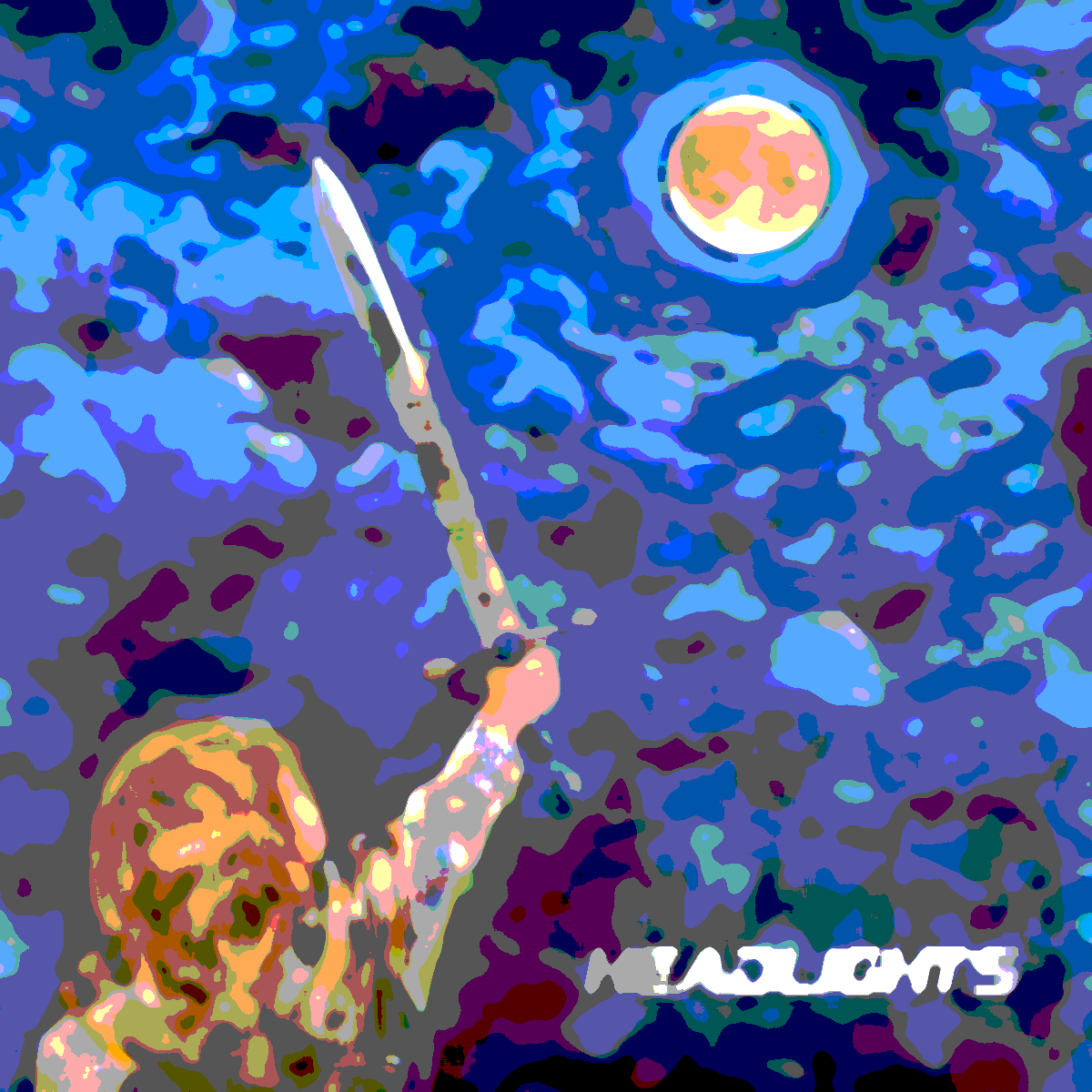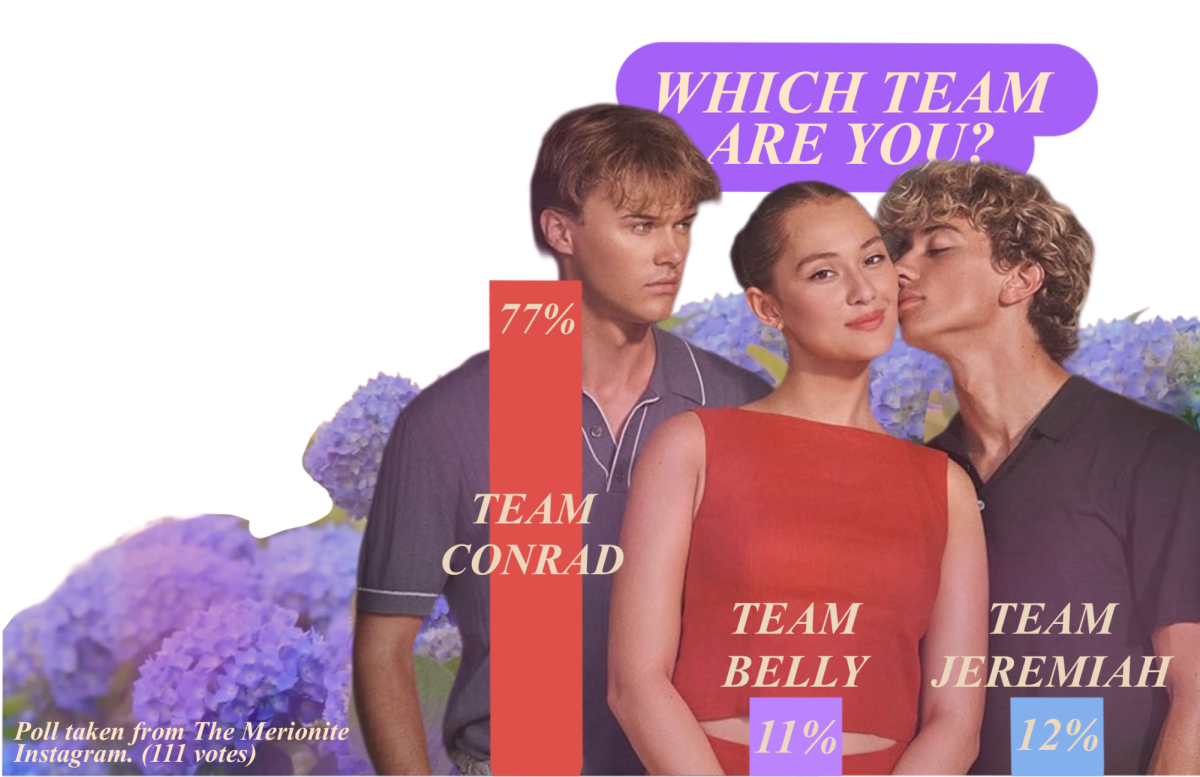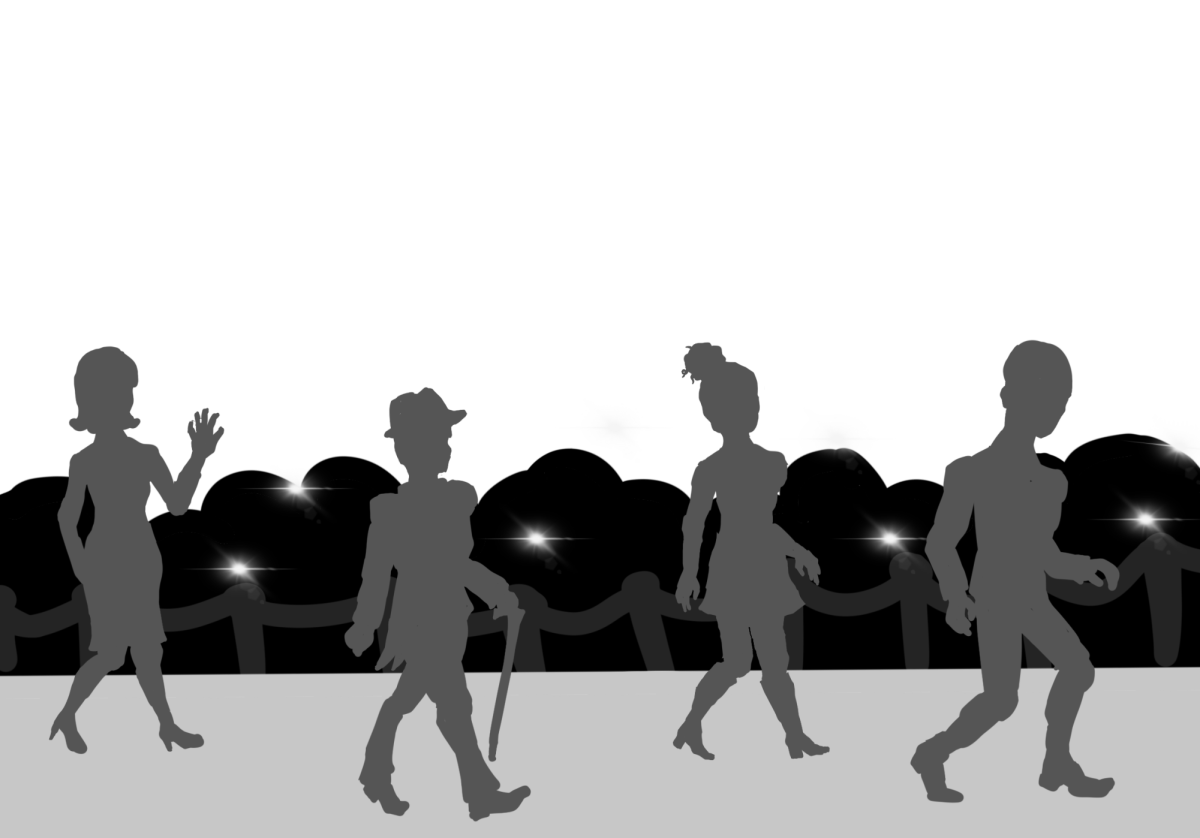
The Harry Potter Universe has been a major force in pop culture ever since the first book came out in 1997. Children have grown up enchanted by its world, idolizing characters, actors, and even the author, J.K. Rowling. Over the past summer, there has been a resurgence of love for Harry Potter among Generation Z, accompanied by more and more controversy surrounding the author.
Many LM students spent an increased amount of their time this summer on their phones, much of it on the popular social media app Tik-Tok. This platform has been responsible in large part for this Harry Potter comeback, as many students’ find themselves surrounded by content related to it on their ‘For-You Page,’ a personalized feature that shows users certain videos based on the Tik-Tok algorithm. As said by Emmi Wu ’23, “I’m rewatching the movies because of all the videos about it that are viral on Tik-Tok. For example, one thing that’s trending is ‘shifting’, like shifting realities, and people are trying to shift to go to Hogwarts.”
What seems to be a contradiction, though, is how this is happening in the midst of infinite controversy regarding Rowling. This past June, Rowling came under fire—not for the first time—for making several statements that have offended many people. Her recent stream of comments began in June, with her response to an article that used the phrase “people who menstruate” in the title. She responded: “‘People who menstruate. I’m sure there used to be a word for those people. Someone help me out. Wumben? Wimpund? Woomud?” This statement implies only women, and all women, menstruate, excluding transgender people. She followed this up by writing an essay defending herself and her views, pushing information that, when fact-checked, is quite often false (i.e. protesting that trans activists hurt feminism by eliminating the definition of woman, which is not occurring), only worsening the tension.
This is not the first time that Rowling has faced scrutiny for transphobic comments, or other controversies. Besides transphobia, she has also been accused of anti-black racism, anti-semitism, Irish stereotyping, South and East Asian stereotyping, and more. According to Sophia Abdulmalik ’23, a student who overall feels happy about the Harry Potter resurgence due to it encouraging kids to read, “Many and most of her words and opinions disgust me, especially because of her platform and influence, which she chooses to use to spread transphobia, xenophobia, and other forms of hate. I will always love the series dearly, but it makes me cringe each time I read her name choice for the (few) POC characters and her constant tokenization and trope-ing of characters (Dean Thomas being fatherless as a black boy, Seamus Finnigan blowing everything up as the Irish character).”
Other LM students who were interviewed for this article agreed that Rowling has said and done many problematic and arguably hurtful things. But does that mean they can’t love Harry Potter anymore? Their feelings appear to be mixed. Certain students, including Wu and Abdulmalik, feel it is alright to love the series as long as they watch movies in ways that do not provide extra profit to Rowling. Others, however, strongly disagree. Nick Barr Bono ’23 feels that while in theory you can be a fan of something without supporting the creator, “J.K. Rowling is so culturally and financially tied to Harry Potter that at this point I’m deeply uncomfortable around people I meet in real life who wear Harry Potter merch [or] ask me about my Hogwarts house, [or] otherwise indicate that they’re fans of the series. J.K. Rowling isn’t just the creator of Harry Potter: she’s the owner. And you can’t buy a product without supporting its owner.”
Whether or not the Harry Potter controversy will last is yet to be determined. But in a capitalistic society where success is measured by profit, it’s guaranteed this won’t be the last time this question will come up: can you really support a series or piece of art without—by extension—supporting its creator?






